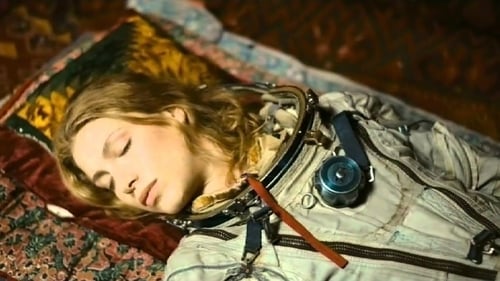
The film covers a period from 1984 to 1991 and tells about the rise of new independent states, including Kazakhstan. In addition, it features the role of the first President of Kazakhstan in the reforms carried out in the country, as well as the initiatives, which today have turned into global scale projects.

Dilly-Dilly

Old Man
This is a survival story - a Hemingway's 'Old Man and the Sea' as if written for our days.

Rustam
“Whatever falls from heaven, you may keep.” So goes the unwritten law of the Kazakh steppes. A law avidly adhered to by the inhabitants of a small village, who collect the space debris that falls downrange from the nearby Baikonur space station. The last two youthful members of the village are the radio operator Iskander, known as Gagarin, and the spirited Nazira. While Nazira finds it increasing difficult to conceal her love for Iskander by means of her unconventional behaviour, Iskander is evidently not only crazy about Baikonur and the vastness of outer space, but also deeply smitten with the beautiful French astronaut Julie Mahé, whose journey to the stars he wistfully follows on television.

Kairat

A Jewish child deported to Kazakhstan is saved and adopted by Kasym, an old Kazakh railway-man. Kasym gives him a Kazakh name, Sabyr, that in Kazakh language means humble. The child grows up in the small Kazakh village along with other deportees Vera, a traitor's wife, and Ezhik a Polish doctor. The Soviet militia harasses the poor peasants and Vera suffered the harassment of a bully cop: Bulgabi. Finally Vera accepts the marriage proposal of Ezhik but the jealous Bulgabi tries to prevent the marriage. The result is a fight in which Ezhik shoots himself accidentally. The old Kasym decides that Sabyr is now old enough to go to seek his real parents. At the end Sabyr, now an adult, decides to return to the village, but the village no longer exists because it was destroyed by a Soviet nuclear test.


